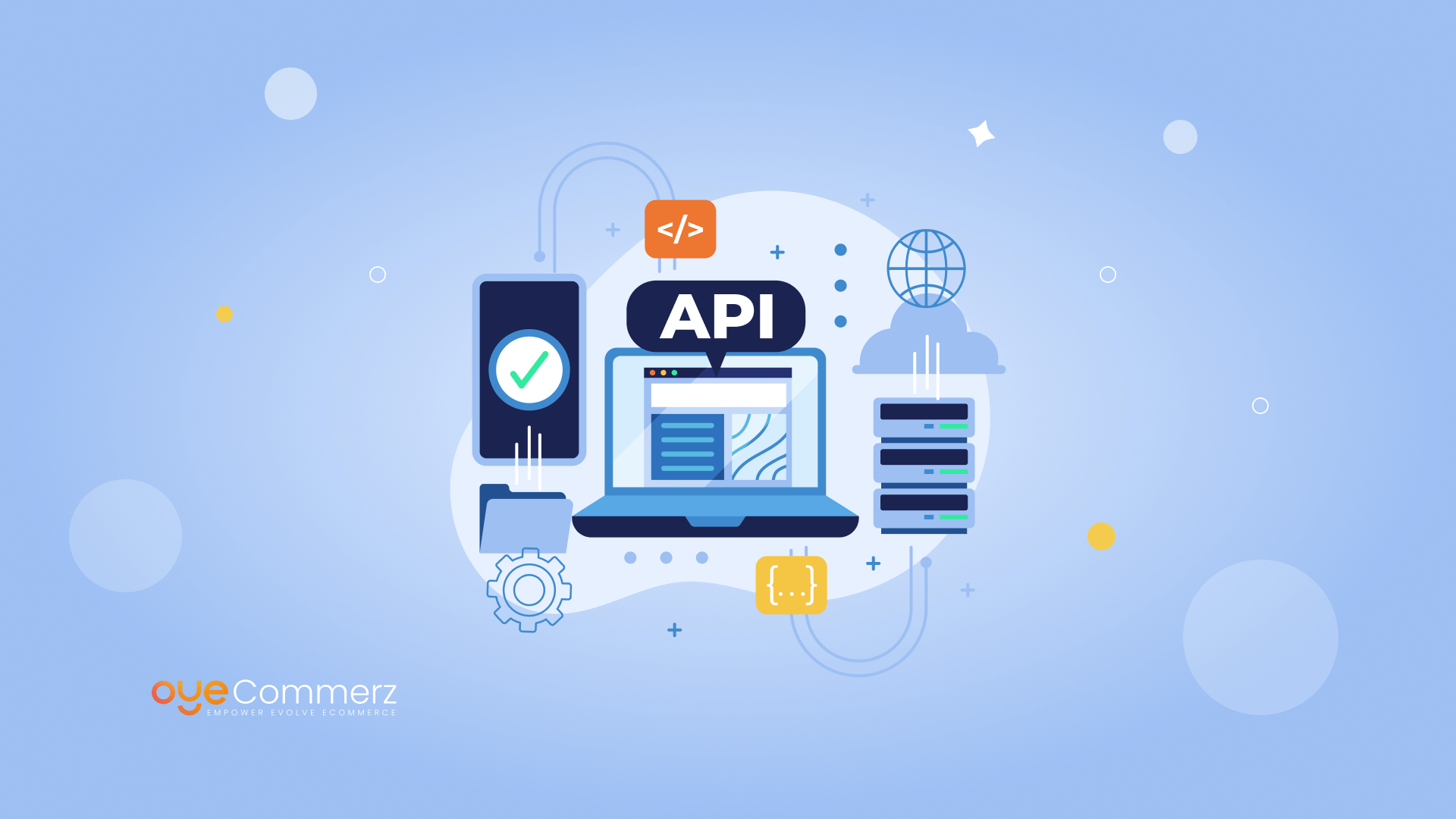Introduction
In today’s cutthroat e-commerce landscape, standing out is paramount, and a top method to set apart a Shopify store is through custom app creation. A robust Shopify app can boost store functionality, simplify processes, and boost customer interaction. This article explores key aspects of Shopify app development, covering API integration and app ecosystem to scaling strategies and promotion methods, offering a roadmap for businesses looking for unmatched store performance.
The Importance of Shopify API Integration
Shopify’s API offers robust tools to personalize and expand store functionalities. With GraphQL and REST APIs, developers can retrieve information to create apps that manage inventory management, order handling, and customer information management seamlessly. Using Shopify’s API can lead to better workflow automation and allows stores to serve customers more efficiently.
Utilizing the Polaris Design System
Polaris is Shopify's design system for designing intuitive and accessible Shopify apps. By following Polaris principles, developers guarantee that apps integrate smoothly within the Shopify Admin experience. This provides a cohesive look and feel that appeals to Shopify merchants, promoting usability and familiarity for merchants using your custom app.
Navigating the Shopify App Ecosystem
The Shopify app ecosystem offers endless possibilities for improving e-commerce sites. From handling order fulfillment to boosting customer interaction, apps in this ecosystem are designed to meet diverse business needs. Learning about this ecosystem assists developers in identifying unique app opportunities and enables seamless integration of external tools that add value to the store.
Building Embedded Shopify Apps
Embedded apps work seamlessly within the Shopify Admin, providing a smooth interface for merchants. They ensure that merchants do not need to leave their Shopify control panel, simplifying their process. Employing Shopify App Bridge and embedded app features is recommended for providing a unified, well-integrated user environment.
Leveraging Node.js and React for Shopify Development
Node.js and React have become top options for Shopify app creation. This server-side framework enables efficient server-side applications, while React allows for dynamic, responsive front-end user interfaces. Together, they provide an strong framework for creating speedy, growth-ready Shopify apps that enhance store performance and customer interaction.
Webhooks in Shopify Apps
Webhooks enable instant data updates between Shopify and an external app. They trigger events such as order creation or inventory updates and provide immediate alerts to your app. By implementing webhooks, apps can deliver real-time insights for store owners, streamlining workflows and boosting productivity.
Engaging Customers Through Digital Marketing for Shopify Apps
To ensure Shopify app success, connecting with users is key. Using digital marketing strategies like SEO, email marketing, and social media campaigns can increase app usage. Additionally, designing apps with customer interaction as a focus (e.g., loyalty programs or personalized recommendations) boosts user retention and satisfaction.
Scaling Your Shopify App
As e-commerce stores expand, so do their technological needs. Ensuring that your app can manage higher usage, larger data sets, and more advanced functionalities is essential. By optimizing server capacity and implementing scalable solutions, you can develop apps that expand Creating dynamic Shopify experiences in parallel to a store’s success.
Important Features and Maintenance Tips for Shopify Apps
For an app to be useful, it should offer essential features like user login, analytics dashboard, and customer support options. Regular app maintenance, with updates to Polaris design for custom Shopify apps fix bugs and compatibility checks with new Shopify functionalities, is important to ensure uninterrupted performance and prevent disruptions to merchant workflows.
Conclusion
Custom Shopify app development holds vast potential for e-commerce businesses, providing the chance to enhance store functionality, streamline processes, and foster customer loyalty. With API integrations and Node.js to focusing on scalability and customer interaction, building a Shopify app requires thoughtful preparation and strategic execution. If you’re prepared to elevate your e-commerce experience, a custom Shopify app may be the ideal choice. What features do you see for your ideal app? Share your thoughts and take the first step toward an enhanced e-commerce experience!

Comments on “Empower Your E-commerce: Custom Shopify App Development for Unmatched Store Performance”